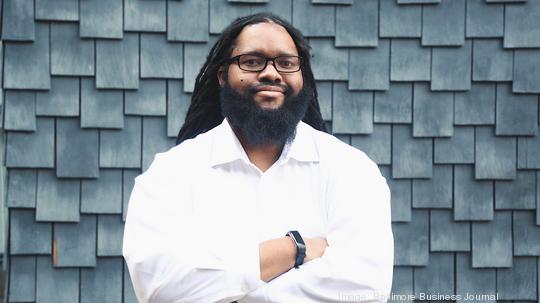
Valuations are “crazy” in 2021 – and knowing how to value your startup could be the difference between closing a funding round and being shown the door.
That’s the candid take of a group of panelists speaking Friday morning during a virtual event sponsored by Virginia’s CIT Gap Funds.
Panelists included investors such as Durham’s Jason Caplain of Bull City Ventures and Mac Conwell, whose Baltimore-based firm RareBreed Ventures is looking for opportunities in non-Silicon Valley entrepreneurial hotspots. The panel also included Marissa Lowman, a venture partner with education-focused impact investor New City Markets Venture Partners in Washington, D.C., and Randy Domolky, managing director of Virginia-based Private Access Network.
So how do you value your company? Conwell said it’s a “push and pull.”
“It’s a whole lot more art than science,” he said. “it ain’t about how much revenue you’ve got. … It’s a function of how much money are you raising and how much equity the investors want. The way valuations go up and down is based on who has what leverage.”
More often than not, it’s the investor that has the leverage. Startups with real traction can push back, however.
“Make sure the business is constantly evolving and that it’s different today than it was even two months ago,” Caplain said. “Traction for us doesn’t have to be just revenue … it can be a new hire, a really key hire … a new board member or new advisor, new customer discussion. So just show us that the company is climbing the mountain.”

A strong exit background can also be leverage. But Domolky said the best thing an entrepreneur can do to increase the valuation “is have a competing bidding process.”
“Two is an auction,” he said. “At least have two bidders. If you have three or four, that’s even better. Because we’re going to look to our peers in the industry way more than we’ll believe you … on how much your company is worth.”
Domolky said be suspicious if, like they do on the hit TV show “Shark Tank,” they say, “Well, if you have another bid I’m out.”
“Don’t fall for that,” he said. “They know it gives you all the leverage.”

Investors say entrepreneurs should ask about the due diligence process – as timelines can differ. And to have information ready. One good resource is a “data room,” which can be as simple as a folder in Google Docs or DropBox.
“It holds all the information,” Conwell said, from your pitch deck to biographies on your founders to tax returns, legal documents, letters of intent and financial data.
All the panelists said they put a premium on management teams.
“What we’re looking for is an amazing founder who has a very unique perspective,” Conwell said.
“We typically like to get to know the founders 12 to 18 months before we invest,” said Lowman. “We like to get to know them overtime to really build those relationships … before we make the investment.”

Caplain said that at Bull City Ventures, it really comes down to the founding entrepreneur.
“We look for founders where we get the feeling, we want to quit our jobs and work there,” Caplain said. “We do that because those are the people we feel like have the ability to recruit a great team around them.”
They look for founders that can sell – not just to investors, but to customers, Caplain said.
“I recently said to a founder, if you were starting a daycare center I would invest in you, so that’s how important the team is,” Domolky added.